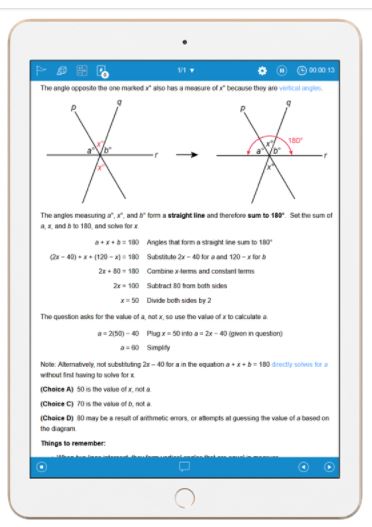 Today marks the 22nd anniversary of September 11th. Twenty two years ago today our country was attacked by terrorists. The attacks resulted in the deaths of 2,977 victims. The victims included 246 on the four planes (from which there were no survivors), 2,606 in New York City in the towers and on the ground, and 125 at the Pentagon. All of these victims left behind families. In these families, there were children who would eventually be pursuing higher education.
Today marks the 22nd anniversary of September 11th. Twenty two years ago today our country was attacked by terrorists. The attacks resulted in the deaths of 2,977 victims. The victims included 246 on the four planes (from which there were no survivors), 2,606 in New York City in the towers and on the ground, and 125 at the Pentagon. All of these victims left behind families. In these families, there were children who would eventually be pursuing higher education.
Seeing the need to help these families of the victims, scholarships rose up across the country to help their dependents fund higher education. The Families of Freedom Scholarship Fund was established. According to the fund’s declaration, their purpose is:
“… to provide education assistance for postsecondary study to financially needy dependents of those people killed or permanently disabled as a result of the terrorist attacks on September 11, 2001, and during the rescue activities relating to those attacks.”
Scholarship America played a major role in the creation of the September 11 Scholarship Alliance, formed by leading scholarship providers and associated organizations to coordinate the various scholarship funds for postsecondary education created in the wake of the 9/11 tragedy. Although the Scholarship Alliance officially concluded its activities, there are still a number of scholarship funds in addition to the Families of Freedom Scholarship Fund that provide assistance for postsecondary education for 9/11 families. Start your search here, in any of the following categories:
Memorial Funds and Other Funds
Scholarship America manages and administers Memorial and Other Funds. These Funds are managed and administered separately from the Families of Freedom Scholarship Fund and have separate eligibility criteria. Generally speaking, Memorial Funds are provided for a group of families associated with a specific funder, while Other Funds are open to all 9/11 families.
College Funds
There are scholarship funds managed by individual colleges and universities, for use on their campuses only. Many of the colleges and universities provide matching scholarships to students who receive Families of Freedom Scholarship Fund education assistance.
Outside Organization Funds
Citizens throughout America stepped forward and donated funds to many relief efforts in the aftermath of the September 11, 2001 terrorist attacks on America. The establishment of scholarship funds was one means of providing such relief and assistance.
The fund this year will recognize an exciting milestone – this summer they awarded over $100 million to financially needy families since the inception of the Fund in 2001. The great news is that the Fund has been invested well and there remains over $96.5 million for the thousands of students who are yet to apply for awards.
Huntley Wealth Care Scholarship
This scholarship is for students who have lost one or both parents who either had no life insurance or were underinsured. Students can either submit an essay or a video essay









 This post is sponsored by UWorld and written by Suzanne Dilday. Suzanne is a
This post is sponsored by UWorld and written by Suzanne Dilday. Suzanne is a 
